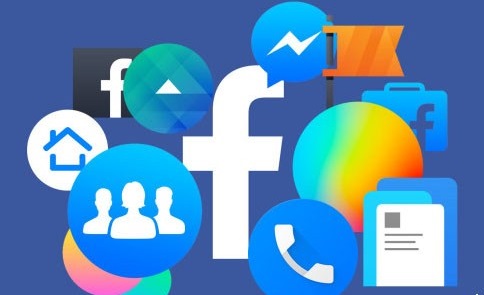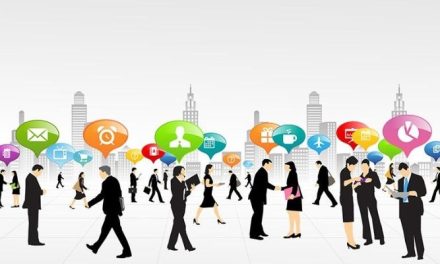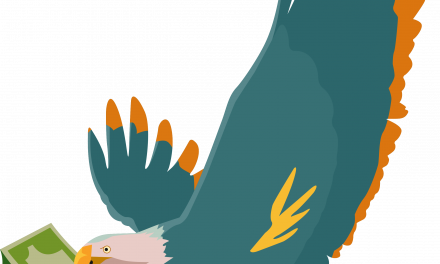Facebook is not only a means of connecting with friends, family and other loved ones but it also happens to contain hundreds of useful and entertaining apps, including games, created by third-party developers. These apps range from simple utility ones like GPS navigators to full-fledged multiplayer games. Since these apps are found on Facebook, many of them can be used on any device which can access the social media platform or those which have Messenger installed. Like with their counterparts on mobile platforms such as Android and iOS, they are ways in which you can make money developing these apps whether for yourself, your business or any other party.
Develop for third parties
One of the most obvious ways in which you can make money from developing Facebook Apps is simply adding this to your software development skillset (if you are a developer) and then charge individuals and businesses for your development services. To succeed at this, you will have to market yourself and convince potential clients on how a Facebook app can benefit them.
Show banner ads
The bulk of Facebook’s revenue comes from the advertising fees it charges individuals and businesses for them to show their ads on the platform. Some of that advertising revenue can come your way if you arrange for banner ads to be shown in your app. This is usually ideal for games.
Sell virtual goods
You can also sell virtual goods and services within your app (so-called in-app purchases). These can be your own or from third-parties like EA.
Getting sponsorships
Sometimes as part of their promotional efforts, companies can agree to sponsor popular apps, usually games. In exchange, the app developers usually prominently display the company’s branding on their product.
Making money indirectly
There are many other indirect ways in which you can make money using these apps. For instance, you can develop an app and then leverage the user engagement it is getting to promote your business and its other products or services.
Types of apps which you can develop
Business and pages
These are apps which help businesses with sharing, collaboration and planning. Examples of apps in this category are tools such as those which enable package tracking (package delivery firms can offer this service to their clients who use Facebook), remote desktop, email management and those apps which can add functionality to a company’s Facebook page e.g. by adding a contact form.
Community and government
This category includes those apps which are created to support local events, local organizations and associations. Apps which perform a similar function for government ministries, agencies or even political organizations can also be placed in this category. An example of such an app would be one which tracks legislative bills.
Education
An educational app is one which is created to teach a certain skill or subject. These can target people of various ages (or more appropriately, those above Facebook’s age limit). Examples of such types of apps are those which are used for the following: learning languages, standardized test preparation, early learning, special learning or even as school portals.
Entertainment
This category includes those apps which are designed to entertain the user and which contain audio, video or other content. Examples are those apps which give the user access to movies, television programs, music and books. Fan club, theatre, voice manipulation and ticketing apps are other examples.
Games
You can develop games, either single or multiplayer, which both Facebook and Messenger users can play.
Lifestyle
These are apps which focus on lifestyle or personal improvement. This category usually includes those apps which are based on blogs or magazines. Topics or subject matter on which the apps in this category focus on include self-help, religion, travel, parenting, fashion, home improvement, health and fitness.
Messenger Bots for business
You can also create apps which use Messenger Bots to connect businesses to customers. Apps in this category include those which allow alerts, subscriptions and those which automatically provide information about a business.
Quizzes and horoscopes
These are apps that generate personalized results based on a series of questions or a user’s social profile. They are usually meant for entertainment purposes more than anything else.
Shopping
These are apps which focus on shopping. Examples are those which allow their users to purchase goods, review products, find products and claim or redeem coupons.
Social networking and dating
Apps in this category connect users. Examples of apps which can leverage the functionality offered by Facebook to achieve this include those used for dating and professional networking.
Messaging
Messaging apps which connect people through text, photos, voice or video calls can also be built on top of Facebook.
Utility and productivity
These are apps which focus on organization, problem-solving or improving processes. Good examples include those which enable GPS navigation and those used for file-sharing or storage.








